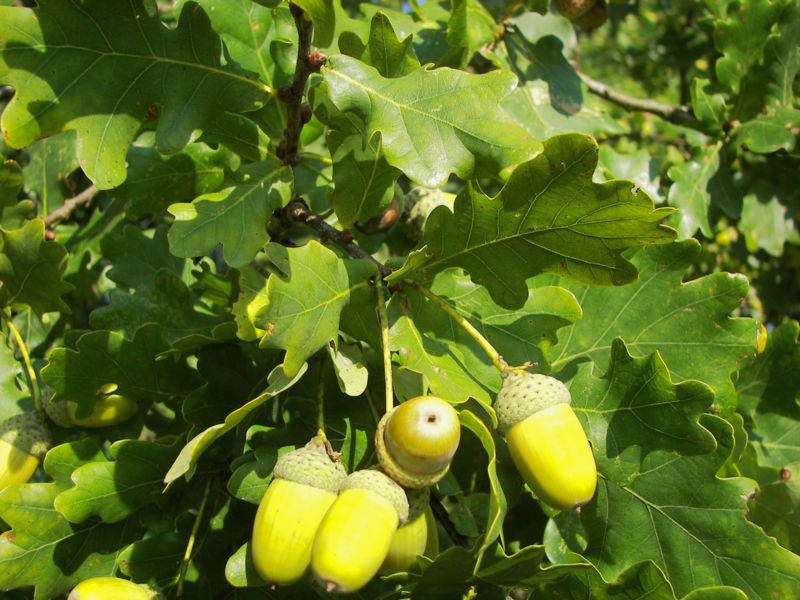-
 Celestial equator
Celestial equator
-
 Genomics
Genomics
-
 X9.17
X9.17
-
 Ozone
Ozone
-
 Nucleoside monophosphate
Nucleoside monophosphate
-
 Enterprise
Enterprise
-
 Dipole moment
Dipole moment
-
 Piscivore
Piscivore
-
 Thermocline
Thermocline
-
 Subadult
Subadult
-
 Broad Bean
Broad Bean
-
 Anabolism
Anabolism
-
 Hydrogeology
Hydrogeology
-
 Contraception
Contraception
-
 Accretionary prism
Accretionary prism
-
 Pandiculation
Pandiculation
-
 Haploidy
Haploidy
-
 Entropy
Entropy
-
 Ares V
Ares V
-
 Very high energy performance
Very high energy performance
-
 Vitamin A
Vitamin A
-
 Dynamo
Dynamo
-
 Flag of convenience
Flag of convenience
-
 Hybrid hard drive
Hybrid hard drive
-
 Fjord
Fjord
-
 Gametogenesis
Gametogenesis
-
 RSS
RSS
-
 True celestial equator
True celestial equator
-
 Big Crunch
Big Crunch
-
 Ovovegetarian
Ovovegetarian
Sessile oak
The sessile oak is a majestic tree that dominates most forests in Western Europe. With deciduous leaves, it reaches a spectacular height, between 20 and 45 metres.

A quercus petraea in Rigney in the Doubs region, approximately 300 years old. © Arnaud 25, public domain
Names
The sessile oak (Quercus petraea), from the Fagaceae family, is also called the "Durmast oak", "English oak" or "Welsh oak".
Botanical description
This species strongly resembles its cousin, the pedunculate oak, but can be distinguished by the fact that its leaves do not have auricles and are always long petioled, and by its larger and even limb. Its bark is smooth with slight lengthwise cracks. Its crown is wide but quite airy, and consists of branches that are less twisted than those of the pedunculate oak. Its leaves are alternating, clean-faced, crisply petioled, with a cuneiform base and lobes that are not very marked, but are numerous and regular. This is a monoecious species: its male flowers are located at the base of the year’s branches, in long hanging catkins, while its female flowers, more discrete, are located at the ends of the branches, in the form of red stigmas. Its buds are ovoid, while its glands are sessile, measuring from 1 to 2 centimetres, ovoid, globulous with a protruding smooth cupule.

Quercus petraeaOak, © Nikanos, CC Attribution –Share Alike terms 2.5 generic
Origins
This tree is native to Europe, and therefore was not imported from another continent centuries ago.
Growing conditions
The sessile oak has a much more robust temperament than the pedunculate oak. However, it prefers, oceanic climates with sufficient humidity, and siliceous or calcareous soil, even if poor. It requires a regular supply of water, but can also withstand brief and mild droughts. It dreads heavy frost, especially late frosts, which tend to destroy its flowers.
Use
The wood of this species has always been put to noble use, for example, to build ships and create beautiful pieces of furniture.
Author: Michel Caron
 Sessile oak. © Nikanos, CC– Share alike terms 2.5 generic
Sessile oak. © Nikanos, CC– Share alike terms 2.5 generic
Latest
Fill out my online form.



